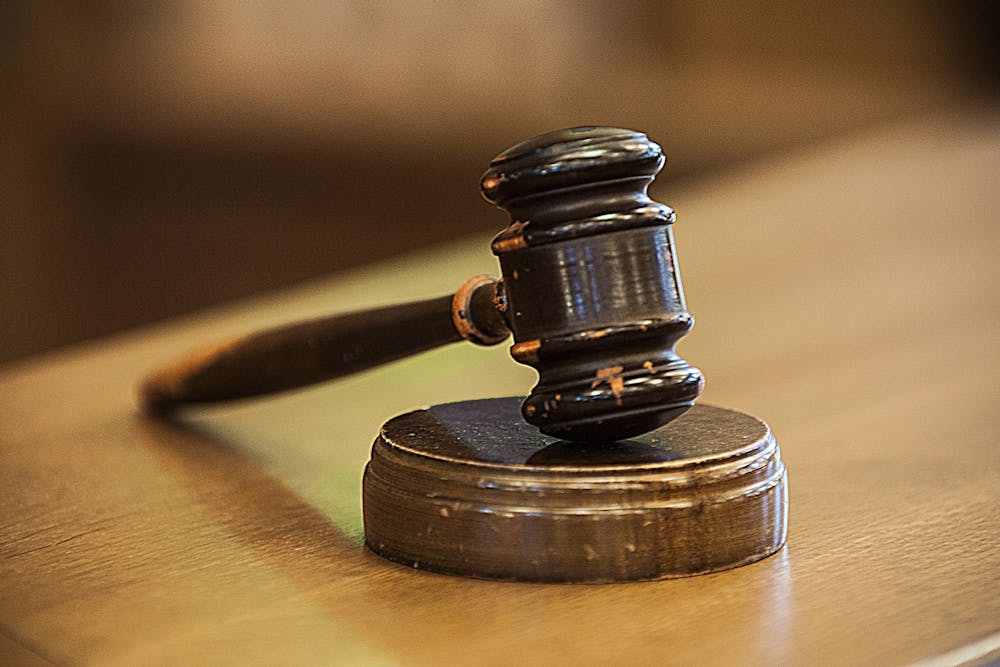As voters, most of us have a handful of top policy issues in mind when we step up to the ballot box. For you, it could be immigration, reproductive health, gun violence, climate change, the continuity of democracy or any number of other issues. One that may not come up as much? The federal judiciary.
These are not elected offices and that’s generally a good thing. It allows judges to operate away from the fray of politics and interpret the law unencumbered by reelection pursuits. The insulation of the judiciary is a valuable guardrail in this country, but that is not to say that voters have no way of affecting what kind of people are handed immense, lifelong power.
While you won’t be able to directly vote for a federal judge or Supreme Court justice, your vote still has the capacity to greatly influence who occupies these positions. The president of the United States nominates individuals to fill vacancies in the U.S. Supreme Court, 13 appellate courts and 94 district courts. The Senate is responsible for confirming them to office. As voters, we select those responsible for appointing these judges, people capable of substantially changing our lives.
In North Carolina, they already have. After the Supreme Court’s 2022 Dobbs v. Jackson Women’s Health Organization decision, North Carolina implemented a 12-week abortion ban in 2023. This past July, a federal judge ruled on two provisions of our state’s abortion law, upholding one provision and striking down another.
Just last year, in Students for Fair Admissions v. University of North Carolina, SCOTUS ruled that Harvard and UNC’s admissions policies were unconstitutional. Look around you. The very makeup of our student body has been forever changed by the judiciary. The written words of these men and women permeate even this insulated blue bubble.
One of the biggest cases of the past few years actually originated in North Carolina after our state supreme court tossed out a gerrymandered map. Moore v. Harper asked if state legislatures, with virtually no oversight, could regulate federal elections. SCOTUS said no, they could not. Imagine the consequences if they had ruled otherwise — unchecked gerrymandering perpetuated by corrupt state legislatures, disenfranchised voters and a decaying democracy.
Maybe issues like abortion, affirmative action, and state legislatures’ power don’t matter to you. What’s your top issue? Illegal immigration? See United States v. Texas. Climate change? West Virginia v. Environmental Protection Agency. Gun violence? United States v. Rahimi and New York State Rifle & Pistol Association Inc. v. Bruen. Whatever your priorities are for this election, I can all but guarantee that our federal district and appellate courts, or SCOTUS itself, will be involved in shaping them.
The cases referenced in this piece were only decided between 2022 and 2024, and these barely scratch the surface of recent consequential SCOTUS rulings. These decisions don’t just apply to you; they will cascade into generations of precedent and affect your descendants — for about as long as this republic still stands.
Keep your preferred policies in mind when casting your vote, but don’t forget the judiciary. It certainly has not forgotten you.




